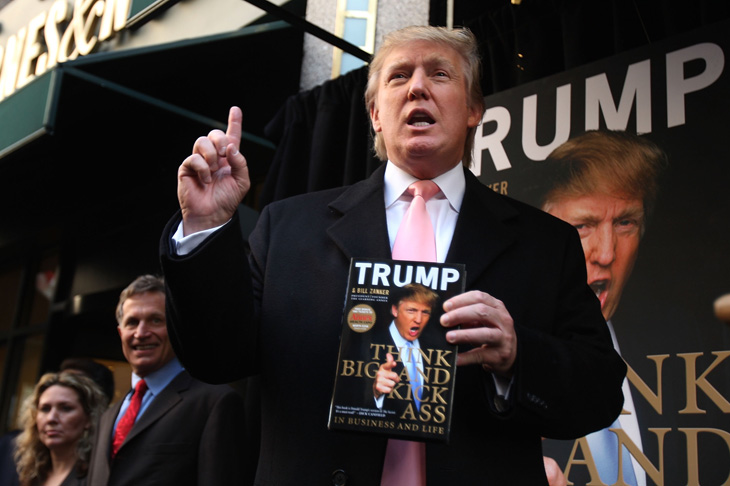To my mind, a bookshop is like a library — the only difference is that you buy the books, you don’t borrow them. But both have a duty to provide books (space and budgets allowing) reflecting a wide range — as wide as possible — of interests, reading tastes, subjects and points of view. Walk into one of either and there are the thoughts and feelings, beliefs and dreams and creations and discoveries of many men and women, and that is part of their never-ending excitement.
If you are, say, a Christian bookshop, and advertise yourself as such, or a Middle Eastern bookshop, or a communist or a feminist bookshop, then by your very title you are indicating to the prospective customer that what they will find inside are books about Christianity, the Middle East, communism or feminism. If you want books about Buddhism or Japan, do not expect to find them here, is the message. Fine. The reader knows where they stand. I do not expect to go into a bookshop all of whose stock is in the Chinese language, which I do not understand, and find a book about French cookery. I know, I am being very obvious.
But if I find a general bookshop, of medium size, of course I know it cannot stock everything, though I hope it will be efficient enough to obtain anything for me. I expect to browse, and come across a book by a scientist who is a prominent supporter of the man-made global warming theory next to one by another whose view is the opposite. I expect to find books by Richard Dawkins next to those of Justin Welby. I expect there to be posters advertising the latest crime novel by Val McDermid or a war history by Max Hastings or Antony Beevor. I want to find books by experts writing from different angles. I should like to see a light romance about love in a little café next to the latest Goldsmiths Prize winner.
I do not expect this bookshop, wherever it is, city or market town, to have posters and a Twitter feed and a Facebook page telling me it is so against what the President of the United States stands for/believes/is/is doing that it is stocking only books devoted to those writers who oppose him too, and what is more, will give them away free. Needless to say, the opposite is also true. You will not find Donald Trump’s autobiography here, or anything by those authors known to support/admire/have voted for him.
This is a form of censorship and, of all places, a bookshop (like a library) should never ever indulge in that. There are exceptions, of course. I would be most unhappy to see a shelf devoted to books promoting paedophilia as A Good Thing, nor anything erotic beyond the legally acceptable. There may be other exceptions but, essentially, censorship is unacceptable. Free thought, free belief, freedom of expression — those are among the most important values of the free world in which democracy holds sway. I do not agree with what you say, but I will defend to my death your right to say it.
What is more, if I am a bookseller I will not agree with many of the views expressed by some of the authors whose books I stock, but if they are legal and legally published, I will not censor those books in terms of not putting them on my shelves. I will not ban — however much you fudge the word, that is what it is — any book because I disagree with its author’s stance on anything at all. I will not discourage my customers from buying such books. If they are not on my shelf I will not refuse to order them. And, above all, I am in business, and business should be neutral, for fear of offending. So I will not publicly express my political or religious views, in my shops, to my customers or on social media. I will not let my bias, whatever that bias is, interfere with my customers’ right to browse and buy whatever they wish. I may only do that if I advertise myself as ‘The Left-Wing Bookshop’. The Anti-Republican Party Bookshop. Whatever.
Moreover, Trump is not our President or our PM, he is America’s. He was elected. Many do not like the fact, but that is democracy. A precious right.
All of this leads to an explanation of why I have cancelled a scheduled appearance to discuss my new novel at a bookshop. They have put their own political and personal views about the USA and its President before their business, their customers and what a bookshop is and must, more than any other sort of shop or business, be about.







Comments